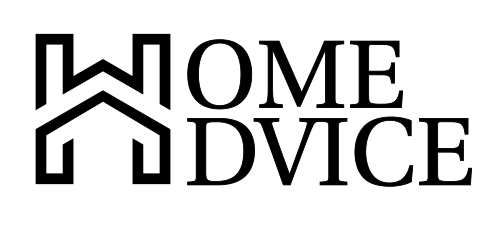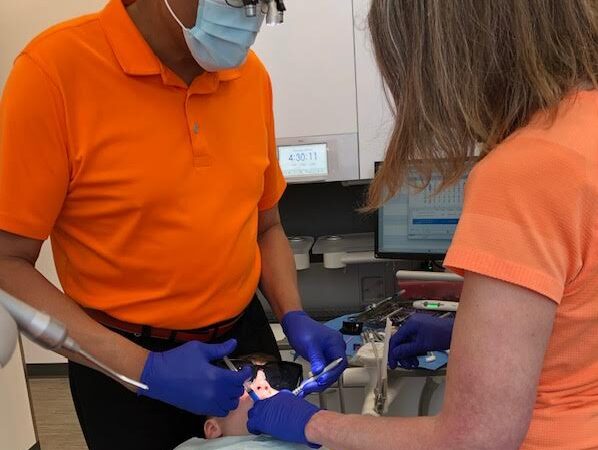Unclogging Your Shower Drain

The Ultimate Guide to Effortlessly Unclogging Your Shower Drain: Proven Methods and Expert Tips
Experiencing a clogged shower drain is a common issue that many homeowners encounter frequently. This comprehensive guide is about the secrets of effortlessly unclogging your shower drain. We will explore various proven methods and expert tips to resolve these plumbing challenges effectively. This guide covers whether you are facing minor or significant clogging issues. We aim to provide easy-to-follow and practical solutions for maintaining clear drains. By the end of this guide, you will be equipped with the knowledge to handle any clogging problem. Embrace this journey towards a clog-free shower experience with confidence and ease.
Understanding the Problem
Hair is often the primary culprit behind clogged shower drains, posing a significant challenge. As we shower, loose hair tends to travel down the drain, gradually leading to blockages. These blockages can escalate from minor annoyances to serious plumbing issues. Slow-draining water or back-ups are common signs of these clogs in your shower drain. Ignoring these signs can lead to more severe plumbing problems and potential water damage. Understanding the nature of these clogs is crucial in effectively dealing with them. This section delves into the causes and effects of shower drain clogs, offering a foundational understanding.
Preventive Measures
Proactive measures are key to preventing shower drain clogs from occurring. Regularly using drain covers can effectively trap hair and debris, stopping them from entering the pipes. Various products, like drain strainers or guards, are available to minimize the likelihood of clogging. Incorporating these tools into your daily routine can significantly reduce drain blockages. Educating family members about the importance of these measures can also help maintain clear drains. Simple habits, like regular cleaning, play a vital role in prevention. Adopting these practices ensures a long-term solution to keeping your drains flowing smoothly.
Simple DIY Solutions
For minor clogs, simple DIY solutions can be surprisingly effective. Start by manually removing visible hair or debris from the drain using gloves. Pouring boiling water down the drain helps dissolve greasy substances contributing to blockages. A natural alternative involves a combination of baking soda and vinegar, which effectively breaks down residue. This method is also environmentally friendly and safe for your pipes. Repeating this process after a specific period can keep minor clogs at bay. These easy-to-implement solutions are ideal for immediate and cost-effective clog removal. They offer a first linedefenceense against the buildup of hair and debris.
Advanced DIY Techniques
Tackling stubborn clogs may require more advanced DIY techniques. A plumbing snake or auger is an invaluable tool for reaching deeper blockages. This guide provides a detailed walkthrough on using these tools effectively. Plungers designed for hair clogs can also be a
powerful solution for dislodging stubborn obstructions. A wet/dry shop vacuum can suction out debris from the drain. Learning to utilize these tools properly can save you time and money. Even the most challenging clogs can be cleared with patience and the right technique. These methods empower you to handle complex clogging issues confidently.
Using Tools and Gadgets
Simple tools like needle-nose pliers or a modified wire hanger can sometimes be effective. These tools are particularly useful for reaching and removing hair tangles. Various specialized tools are available in the market designed for unclogging drains. These tools offer convenience and efficiency, simplifying the unclogging process. Investing in these gadgets can be a wise decision for regular drain maintenance. Choosing the specific tool for the type of clog you’re dealing with is important.
Chemical Solutions: Pros and Cons
Chemical cleaners present a quick solution for plumbing issues, but their use comes with inherent risks, particularly for residents seeking a professional plumber in Keswick. Understanding the pros and cons of these products is vital, given the specific considerations of the local area. While chemical cleaners can effectively tackle stubborn clogs, they may pose a threat to certain pipe materials commonly found in Keswick homes.
Prioritizing safety is paramount when using these solutions, underscoring the importance of carefully adhering to instructions. Keswick residents should be aware that prolonged or incorrect application of chemical cleaners can result in health hazards and accelerate pipe deterioration. To ensure the optimal approach for Keswick’s unique plumbing needs, it is advisable to consider the material of the pipes before opting for chemical cleaners and, when in doubt, consult a professional plumber.
When to Call a Professional
There are situations where professional help is necessary. Recognizing when a clog is beyond your ability to fix is important. Professional plumbers have the tools and expertise to tackle complex clogs effectively. They can diagnose underlying issues that might be causing repeated blockages. Hiring a skilled plumber can ensure your drainage system is thoroughly and safely cleared. It’s important to choose a reputable and experienced plumbing service. This section will make you worthy enough to select the right professional. Remember, in some special cases, calling a professional is the most efficient and safe solution.
Maintenance and Regular Care
Regular maintenance is crucial for preventing future clogs. This guide provides a monthly maintenance schedule to keep your drains clear. Simple practices, such as regular cleaning and inspections, can make a significant difference. Paying attention to early signs of clogging can prevent larger issues. Educate all household members about proper drain care and maintenance. Regular care and maintenance extend the life of your plumbing and reduce the need for repairs. This proactive approach is the key to a hassle-free and efficient drainage system.
Conclusion
Following this guide, you’re now equipped with various techniques to manage clogged shower drains. Regular maintenance and a proactive approach are essential for a smooth, clog-free experience. Whether you choose DIY methods or professional assistance, this guide has provided the necessary tools and knowledge. Remember, addressing clogs early and effectively is the best way to maintain your home’s plumbing health. These tips and techniques allow you to enjoy a refreshing, uninterrupted shower experience.
FAQs and Troubleshooting
How Often Should I Clean My Shower Drain?
Weekly cleaning is recommended, along with using preventive measures like drain covers.
Are Chemical Cleaners Safe For All Pipes?
Chemical cleaners can be harmful to certain pipe materials. Always check manufacturer recommendations or consult a plumber before use.
The guide’s readability and usefulness are significantly enhanced by considering these factors and restructuring the content with detailed paragraphs under each heading.
Reymond T.
![]()








